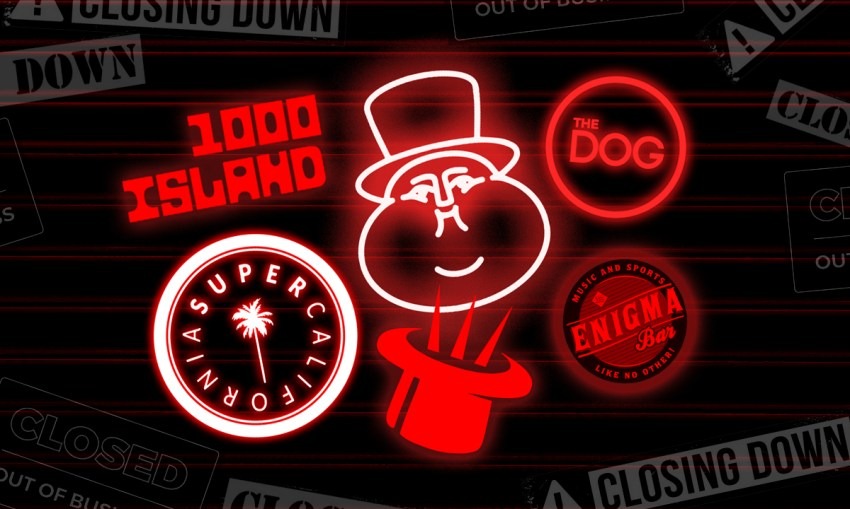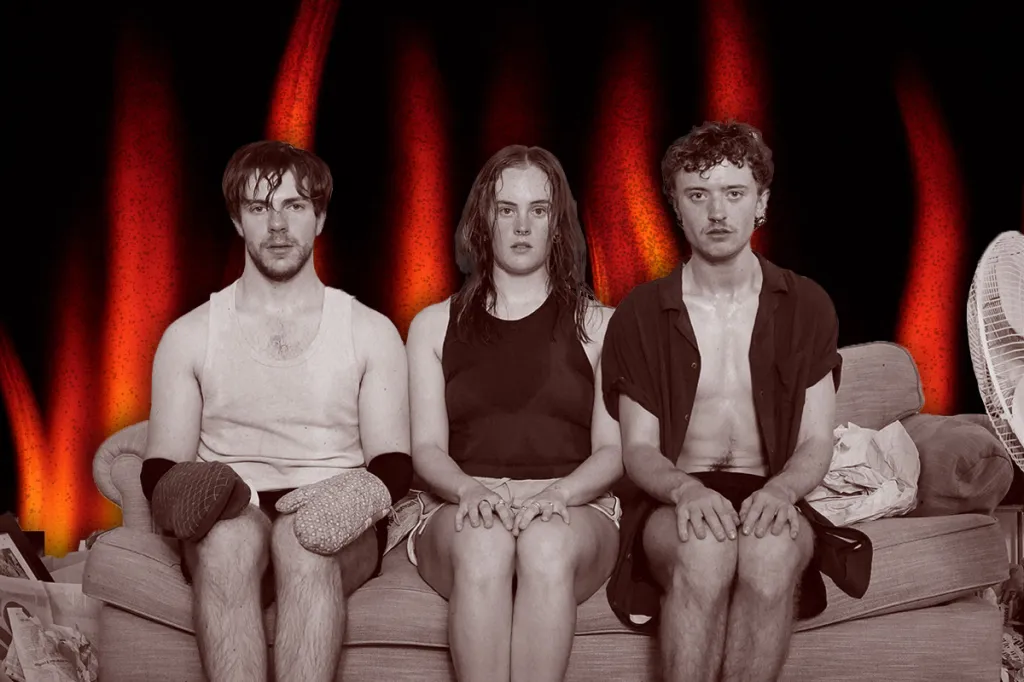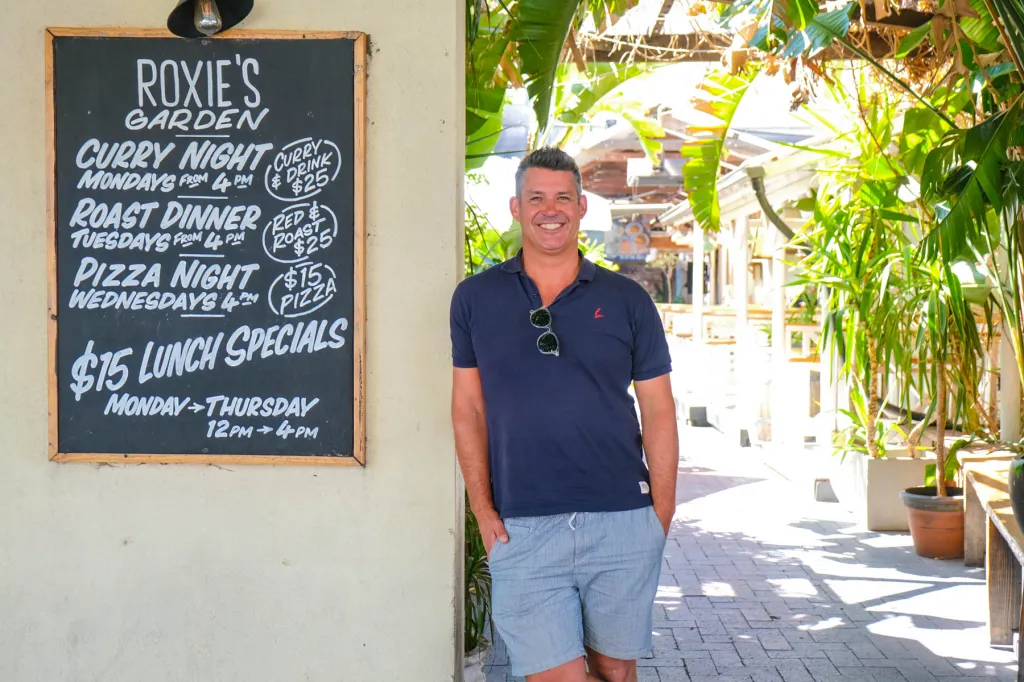‘Do or die’ for West End venues as six close in two months

Three more nightclubs in the West End have announced closures in December, with remaining traders calling on the state government for support before more go under.
Super California on Hindley Street has announced its closure, making it the sixth venue to close in the West End in two months.
The club has closed after nine years of trading, with the managing director of Penny Hospitality, Hugo Pedler, saying the cost of living crisis among several factors contributed to the shutdown.
“Also, Covid has changed the way the youth demographic socialise, there is more focus on bars, restaurants and cafes,” Hugo says.
This follows the closure of another Penny’s venue, Super Bueno which will cease trading on Christmas Eve.
Super California follows Hindley Street nightclubs Fat Controller, closed effective immediately, and Dog and Duck, which will close on January 1.
Fat Controller announced their closure only days earlier. In the post shared on Facebook and Instagram, the venue said, “ongoing uncertainties within the industry have rendered it unviable for us to continue operations”.
In November, Enigma Bar, 1000 Island and Wnderland were three venues that shut their doors, and traders of alternative venue Ancient World told CityMag they were fighting to prevent the same fate.
Jive founder and Independent Live Venues Alliance member Tam Boakes says now is “the toughest time most of us had ever endured” in the West End.
You might like
“We’re doing it really tough and we’ve been incredibly concerned that we were going to see closures and now what we’re seeing is really alarming. It’s very, very distressing,” says Tam, whose venue is on Hindley Street.
She says the alliance has warned the state government that West End venues will close without support.
“I’m not sure why they haven’t moved fast enough, and now we’re seeing that it’s do or die,” Tam says.
“There’s another five that could shut within the next month if they don’t do something; it’s really that dire.
“We’ve been engaging with the Minister [Andrea Michaels] and the Music Development Office. I’m not sure if anything positive is coming from it as yet – we’re lobbying really hard. Sadly, it takes closures for them to really believe it.
“We’re at the point now where the only immediate solution is a bit of financial assistance and then we still need a long-term strategy on how we’re going to get audiences back.”

Jive in the West End. This Picture: Jack Fenby
Arts Minister Andrea Michaels told CityMag she was optimistic that better weather would see punters return to the city.
“I am in constant consultation with the sector and its key stakeholders, Music SA, ILVA, the Music Development Office and the Premier’s Live Music Council with regard to the status of the entire ecosystem,” Michaels said.
“Collectively we are all focused on a vibrant night time economy, which is central to ensuring our city’s vibrancy.
Subscribe for updates
“As we head into the warmer months, we will invariably see more people heading out to experience Adelaide’s full night life, which is the best way that we can support this sector.”
Tam says the issues started as a “COVID hangover” and that venue operators “really didn’t get any recovery time before the cost of living jumped through the roof”.
“Sadly, entertainment is always the first thing to go when times get tough financially. We taught people to stay at home, and we hadn’t had the chance to retrain them to go out again,” she says.
“We haven’t seen the proper return to city nightlife. We’re struggling massively.”
Tam says in addition to high rents squeezing margins, the price of electricity is another issue, as is insurance costs.
General Manager of UNESCO Adelaide City of Music Joe Hay says the recreation of music culture post-Covid is still developing, making the issues venues face complex.
“You do have this emergence, post-Covid, of fantastic and seemingly unending supply of amazing new talent coming through the system, which is really positive,” he says.
“But then, on the other hand, you’ve got the effect that’s happening as people have less money or other financial restrictions.”
Hay says the artists are still here, but venues are the ones “feeling the brunt” of changes in patron’s spending and music consumption habits as well as cost of living pressures.
He says while people are still going to festivals, they might go to one large festival or concert less frequently rather than going back to smaller venues that typically held up Adelaide’s mainstream contemporary live music scene.
“I think you need the short-term solutions that will help save the business and then look at longer-term solutions that relate to culture change,” he says.
“I’m confident we can find a solution but at the same time, at no point do I underestimate how difficult this will be to build.”
Hay says that being a UNESCO City of Music is a strength for Adelaide, allowing operators to draw on international networks and expertise to support solutions in the sector. He says they’re finding cities such as Austin, Texas and Liverpool, England are experiencing the same effects on their music scenes.
“I have every confidence in Adelaide and South Australia because we do have amazing music and we do have amazing venues,” he says.
“We are facing an unprecedented moment in history and we have proven in the past that we can lift and support sectors when they need it.”

